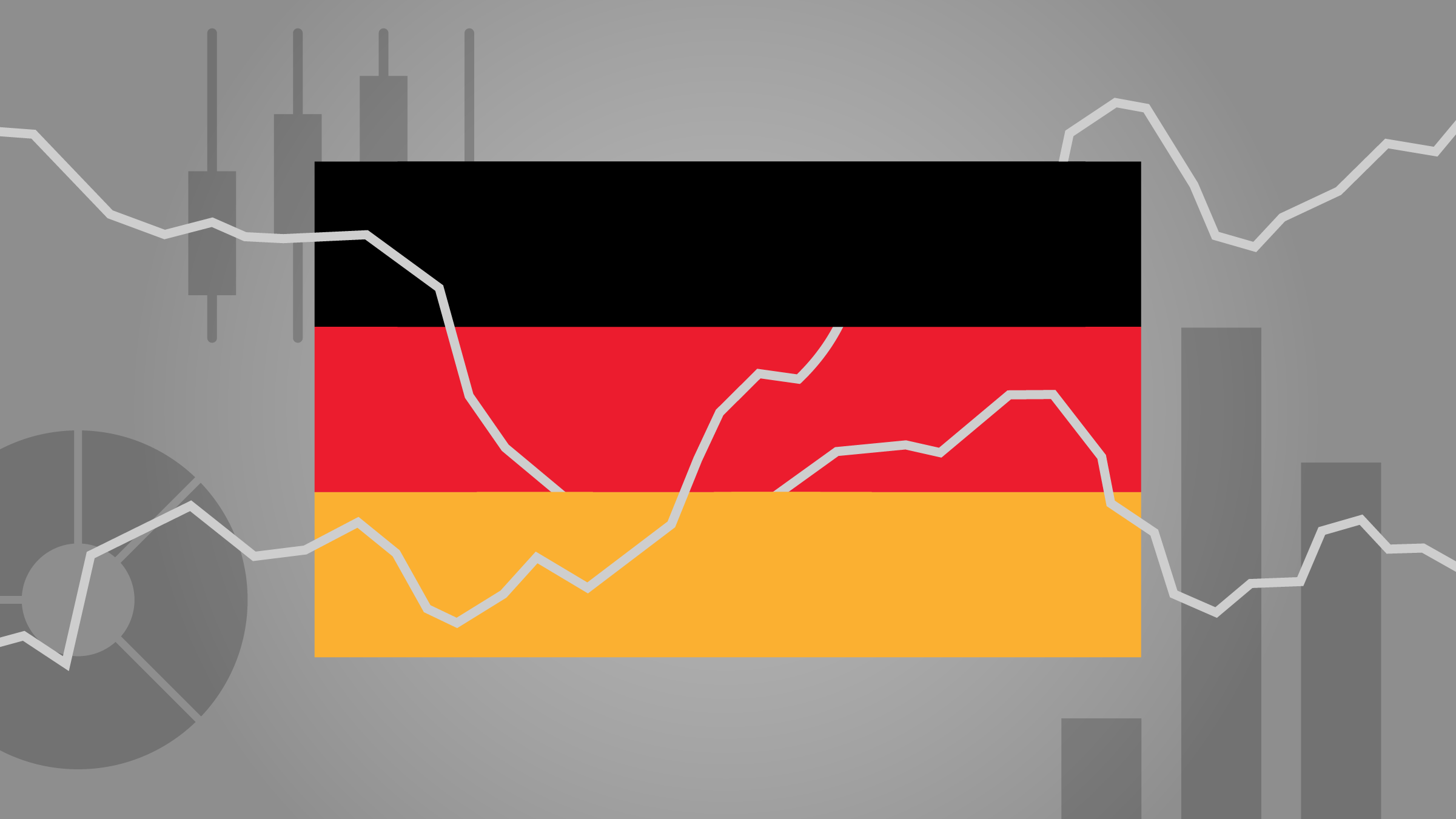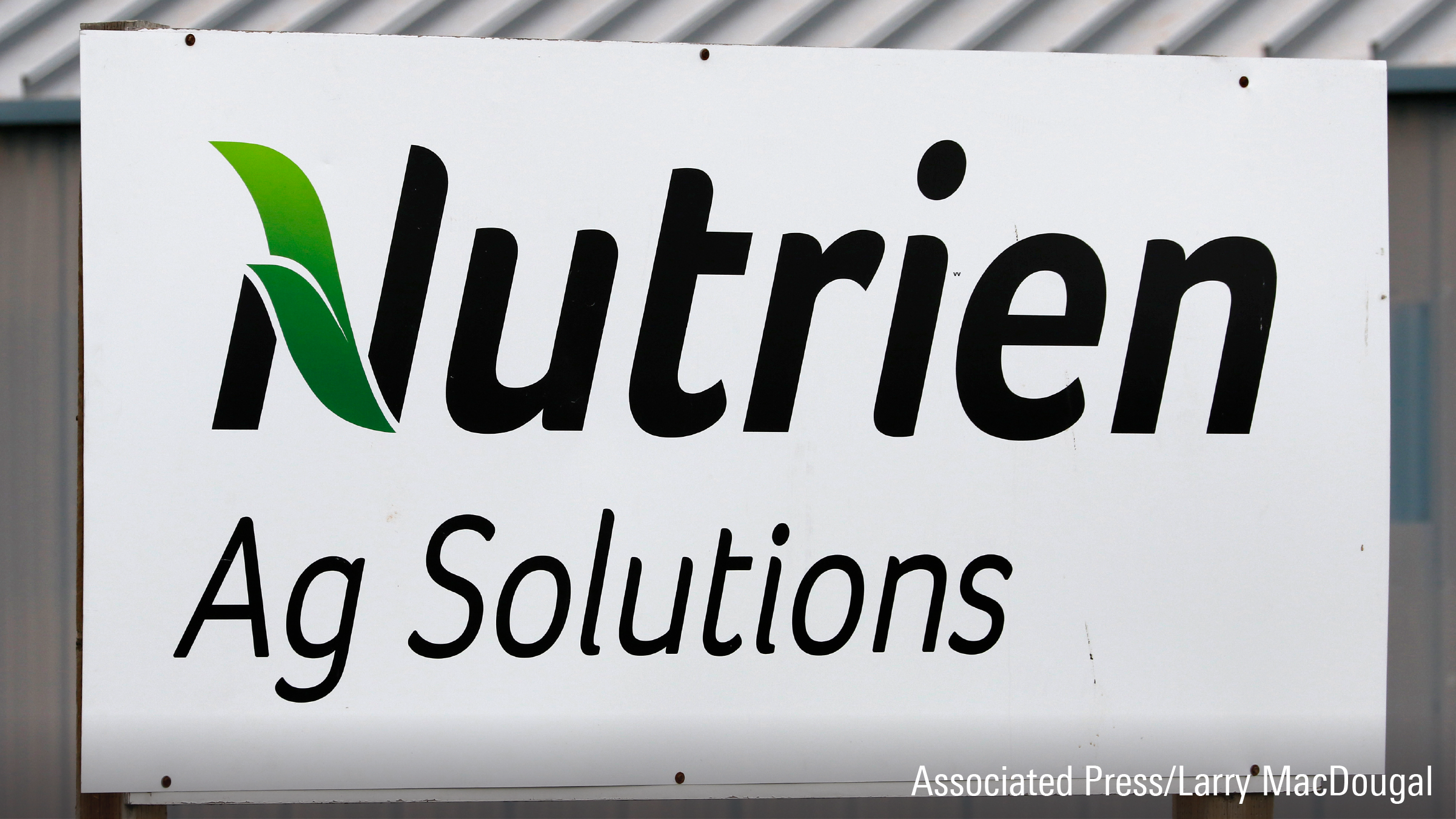Matt Coffina: For Morningstar StockInvestor, I'm Matt Coffina. I'm joined today by David McColl, who is a senior equity analyst on our energy team. We're going to talk about opportunities in the Canadian midstream industry.
David, thanks for joining me.
David McColl: Great. Thanks for having me, Matt.
Coffina: So, oil production is booming in Alberta, Canada, but we're currently short of pipeline capacity to get that oil to market. Can you just briefly explain your outlook for oil production over the next several years? And just how much pipeline capacity we're going to need?
McColl: Certainly. So, I think it's useful to think about the type of oil we produce, we have light oil and heavy oil or bitumen. Production in Alberta right now is roughly 3 million barrels per day. That's going to increase to about 4.6 million barrels per day by 2017. So, that's a significant increase. Then, looking out even further, we expect it could easily eclipse 5 million or 6 million barrels per day.
The question becomes, well, how do you get that to market? How do you get it out of Alberta? Right now, our pipeline capacity is just a little bit short of that number. So, we're exporting by rail, roughly 100,000 to 200,000 barrels per day. But when we hit 2017, this is just a great example; if Keystone XL comes online from TransCanada, by 2017, we might have 3.4 million barrels a day pipeline capacity.
But we're still going to need to export roughly 4.1 million barrels per day. So, we're looking at a situation where we're going to short, maybe 0.5 million barrels per day pipeline capacity for the next three to four years.
Coffina: So there few major projects in the works to deal with this. You just mentioned Keystone XL, that's obviously garnered the most media attention. What's your outlook for Keystone XL, do you think they'll ever get their Presidential Permit?
McColl: So Keystone XL is TransCanada's project. We right now we look at three scenarios. The first is the Presidential Permits issued before the midterm elections in November 2014. We think that's highly unlikely.
The second scenario is Presidential Permits issued after the midterm elections, so maybe that's early 2015. We think that's going to happen. That's our best case scenario. So it's not a question of, if it's approved, it's a question of when. If that happens pipeline should come online in 2017.
Probably you could say our worst-case scenario is no Presidential Permits issued under the current administration, in which case we actually think it'll be issued in the next presidential administration, which really kicks Keystone XL out to 2018 or 2019. We thought it would come online in 2014. So there is a lot of delays happening with this project.
Coffina: So, another major project under development is Kinder Morgan Energy Partners' expansion of the Trans Mountain pipeline. This pipeline brings oil west – to the Western Coast of Canada for export, what's your outlook for that project?
McColl: Kinder Morgan is a great contrast to TransCanada's Keystone XL project. What we like about the Trans Mountain pipeline is that it uses an existing right-of-way. In other words, the pipeline is basically going to be expanded within a land area that Kinder Morgan already has approved for an existing project. This action is what we consider kind of moat worthy at Morningstar with pipelines.
We think it's highly likely it will be approved. We're looking at a 2018 start-up date. So, Kinder Morgan, we think this one isn’t necessarily in the bag, it has to go through regulatory process, but it should be approved without any major difficulties.
Coffina: So how about Enbridge? Enbridge is currently the leader in transporting oil out of Alberta. They have the Northern Gateway Project under development, but they have a variety of other projects that leverage their existing infrastructure. What's your outlook for Northern Gateway? And if it doesn't go through, what else does Enbridge have in the works?
McColl: Here's another great contrast. When we think about having a right-of-way and a moat-worthy asset for a particular pipeline, well, Northern Gateway is really going to be crossing a new territory for Enbridge. This will go across Northern British Columbia where there is no oil pipelines. They have faced significant opposition from environmental groups and aboriginals.
We view Northern Gateway a lot like a project from the 1970s in Canada called the Mackenzie Gas Project. This had to go through a handful of aboriginal groups and it was proposed in 1970s. They had full support by 2009. By then, gas prices collapsed and the project was really put on the back shelf.
We think Enbridge's Gateway is going to face a very similar fate. It's going to be approved by the regulators. It's going to be approved by cabinet up in Canada, but it's just not going to happen within our timeframes. We actually exclude it from our analysis.
Coffina: So let's bring it back to TransCanada. They have one other major project under development, Energy East, which would bring oil all the way across Canada to the eastern coast for export and also to eastern Canadian refineries. What's your outlook for this project?
McColl: We're actually quite bullish on this particular project, and we're bullish on it for a few reasons. First, it will use existing right-of-ways, primarily from Alberta all the way towards the Ontario/Quebec border, really they're converting a gas pipeline to oil and they have significant political support effectively from Alberta right out to the coast.
There will be a few holdouts here or there, but overall, we think the project will happen probably in 2020, little later than TransCanada thinks, but it could come online sooner depending on the Keystone XL story.
Coffina: Do you have any top stock picks among these companies that are developing pipelines to take advantage of this opportunity?
McColl: Our top pick right now is Enbridge. It's a top pick because of its great portfolio of growth projects coming online from now until 2017 and 2018. It's also right up there because of its discount to fair value. It's not a significant discount, but it's trading right now roughly at an 11% discount toward $56 per-share fair value, Canadian dollars of course. So we really like Enbridge.
We do think there's some upside in TransCanada, but it's little limited at this point, and there's definitely more uncertainty in TransCanada because of the lack of really its wide economic moat, which is because of those pipelines we've talked about.
Coffina: David, thanks for joining me.
McColl: Great. Thanks for having me, Matt.
Coffina: So, in conclusion. There is a huge opportunity to transport oil out of Alberta, Canada. Enbridge's Northern Gateway Project looks unlikely, but Enbridge has a huge portfolio of more than $40 billion of other projects under development.
TransCanada also looks interesting, but a lot of regulatory uncertainties surrounding Keystone XL, which could certainly get pushed further out in time. Kinder Morgan Energy Partners also looks somewhat interesting, although there are some unique problems that Kinder is facing, which we discussed in the video last week.
From Morningstar StockInvestor, I am Matt Coffina.






















